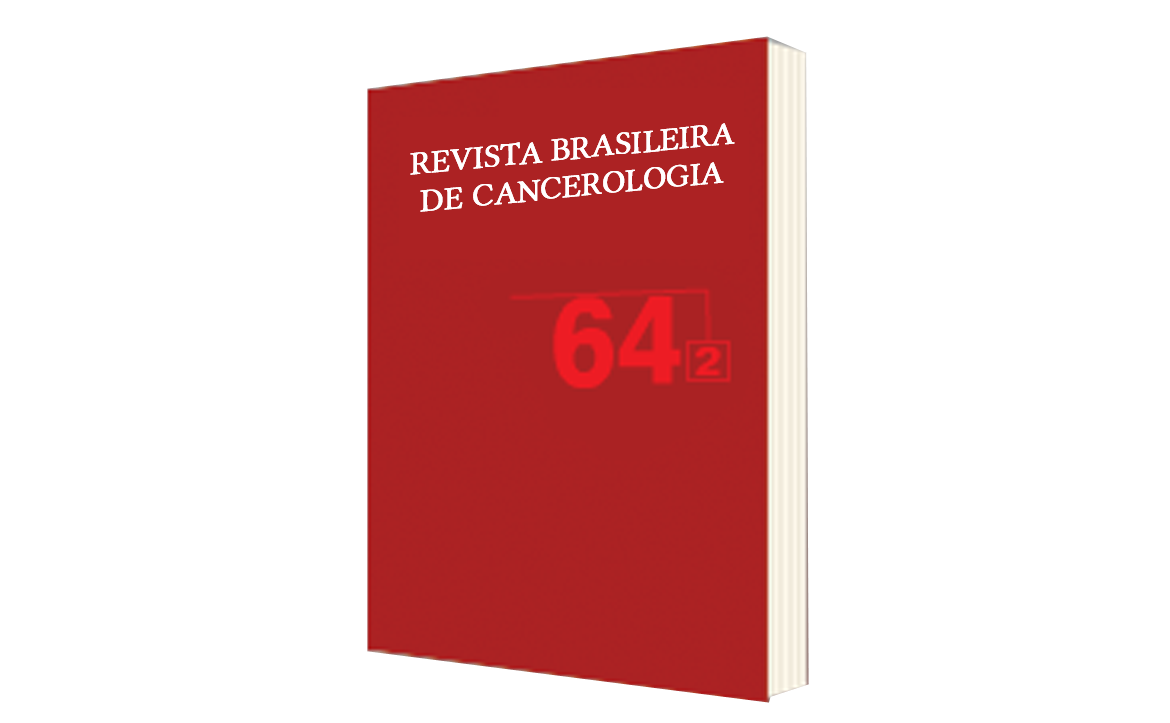Nutritional Assessment of Oncology Elderly by Different Methods
DOI:
https://doi.org/10.32635/2176-9745.RBC.2018v64n2.80Keywords:
Aged, Nutritional Status, Nutritional Assessment, Body Mass Index, Body CompositionAbstract
Introduction: The nutritional status and localization of the tumor are essential in the evaluation of the elderly with cancer, since they are related to morbimortality and have a direct impact on survival. Objective: To evaluate the nutritional status according to the mini nutritional assessment, body mass index and calf circumference, to identify the degree of agreement between these parameters and to verify the association between the nutritional status and the different types of cancer. Method: Cross-sectional
study with elderly oncology patients admitted to a referral hospital in Salvador, Bahia. Data were collected using the mini nutrition assessment (reduced version), structured questionnaire for the collection of clinical data and sociodemographic profile, and anthropometric data. Descriptive analysis, chi-square test (x²) and Kappa test were performed. Results: It was observed that 41%, 54.3% and 74.3% of the patients presented adequate nutritional status according to the mini nutritional assessment, Body Mass Index and Calf Circumference, respectively, with moderate agreement (Kappa=0, 59) between Body Mass Index and mini nutritional assessment. The highest nutritional status was observed in patients diagnosed with head
and neck cancer. Conclusion: In this study the mini nutritional assessment was more sensitive to identify inadequacy in the nutritional status when compared with the Body Mass Index and calf circumference; an association between nutritional status and tumor location was also observed. Probably, the subjective parameters of the mini nutritional assessment justify the diagnosis of earlier malnutrition, favoring nutritional intervention.









